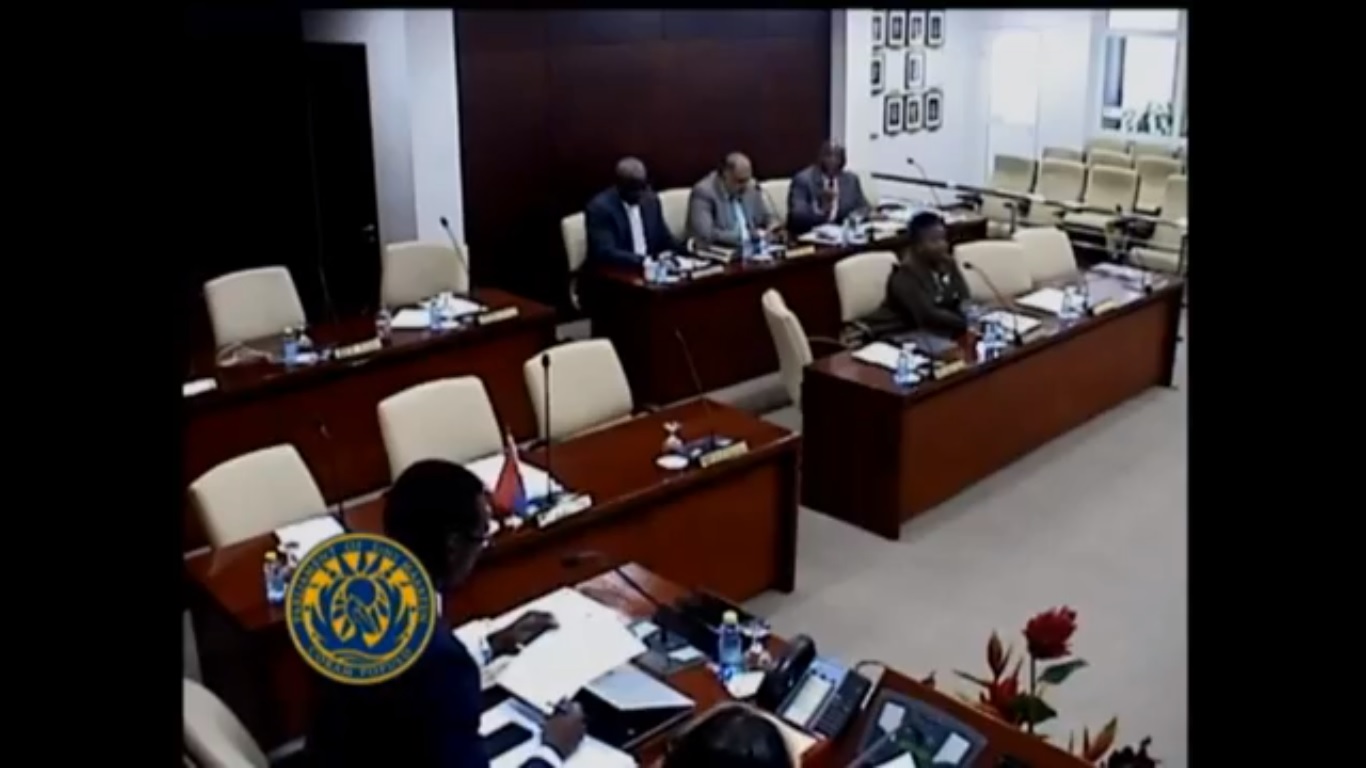Follow the money

By Hilbert Haar
Was it a serious collective Carnival hangover or a deliberate attempt to sabotage the government’s attempts to put legislation in place that regulates the cross-border transport of money and valuables? Fact: the parliament was scheduled to take a decision about this legislation on Tuesday afternoon. Fact: only five parliamentarians were present for this meeting. The meeting therefore could not take place, causing a delay of a decision about the long overdue legislation for God knows how long.
LOGIN TO READ MORE... THIS IS A PREMIUM ARTICLE. YOU NEED AT LEAST YEARLY SUBSCRIPTION TO ACCESS THIS ARTICLE.
...
Some articles or portions of articles are restricted exclusively for our registered members and paying subscribers. Please login here to read the rest of this article. If you do not already have a paid subscription, you will need to register here and pay for a subscription first in order to gain access to our website to read articles or contents that are restricted to paid subscribers. You need to buy at least a Day subscription for 75ct to gain access. Or log in first if you are already a registered paying subscriber to this website. Click here to register and support our work with a paid subscription.























